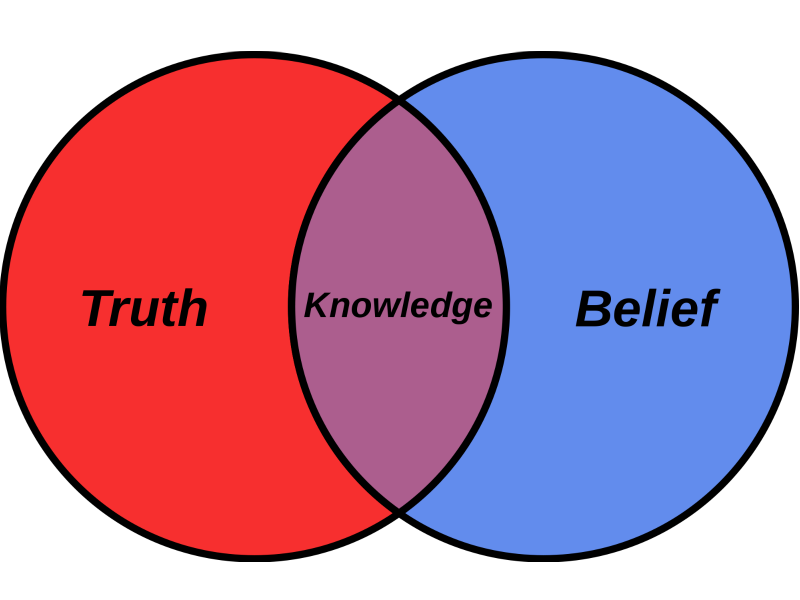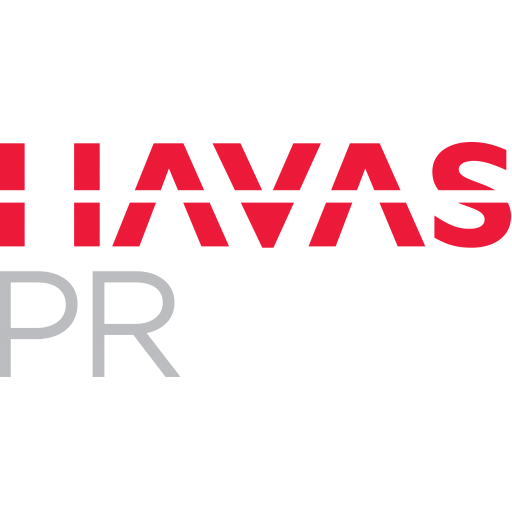Marian Salzman 28 Dec 2015 // 6:45PM GMT

My mind is constantly running a kind of automatic mental module that tracks for interesting stuff in what I’m seeing, hearing and sensing—in the media; online; in chats with friends, family and co-workers; and in overheard snatches of conversation. It’s like a kind of sixth-sense radar that flags “Here’s something to watch for.”
One thing that has been flashing up on my radar a lot recently: bullshit.
It’s not a word I use much myself, but I hear it in everyday talk often. What has caught my attention recently is how it has gone from ordinary people’s casual usage to a word prominent people say pointedly. Take Advertising Week Europe 2014. In his address to the assembled professionals, gruff advertising veteran Bob Hoffman explored the theme “The Golden Age of Bullshit” in meticulous, gory detail that had the audience caught between laughing and squirming. More recently, in August this year Jon Stewart dedicated his final “Daily Show” rant/monologue to the subject because, he said, “[t]here is very little that you will encounter in life that has not been, in some ways, infused with bullshit.”
At first blush, my sense was that this all seemed like a retake on the idea of “truthiness” that grabbed my attention a decade or so ago. Stephen Colbert, in his earlier role as a right-wing blowhard talk show host, defined truthiness as “what you want the facts to be, as opposed to what the facts are. What feels like the right answer, as opposed to what reality will support.”
But the deeper I’ve dug, the more I’ve realized that truthiness is a subset of bullshit, which is a much bigger phenomenon. As Stewart observed, “Bullshit is everywhere.” (He might easily have added, “Everything is bullshit” … I’ll get to that in a couple of paragraphs.)
Like the best profanities—use your imagination—“bullshit” is amazingly versatile. It can cover anything from insincere compliments and casual lies to deliberate misrepresentation and obfuscation of facts to whole shaky areas of human experience and endeavor. There has been a lot of serious commentary on corporate bullshit, bullshit jobs, bullshit science and, of course, political bullshit.
What all these and more have in common is a perceived lack of authenticity. In the stereotypical rogues’ gallery of despised bullshitters, we PR people are often lumped together with real estate agents and used-car salesmen. That’s understandable, because public relations work depends on finding and highlighting what’s positive about our clients in the most compelling way. If we don’t do it well, we’re out of a job.
By contrast, everyone else always sticks strictly and soberly to the facts, right? Think again. As biologist Robert Trivers has shown, bullshitting is an inescapable part of human nature. We deceive ourselves in order to deceive others. Groucho Marx came at the same insight from a different angle: “The secret of life is honesty and fair dealing. If you can fake that, you’ve got it made.”
Knowing the inherent B.S. quotient in our business, I always aim to make sure our agency works with people we can respect and to do work we can be proud of for clients and causes we believe in. Some have a clear public-good orientation (such as Tucson Values Teachers and #GivingTuesday); others are more commercial (Revelator Coffee), and some are a mix of the two (like Rhode Island tourism).
And yes, PR does involve bullshit and bullshitting—it’s just more out in the open than in many other lines of work. So go ahead, let he or she who’s without B.S. cast the first handful.


































.jpg)














